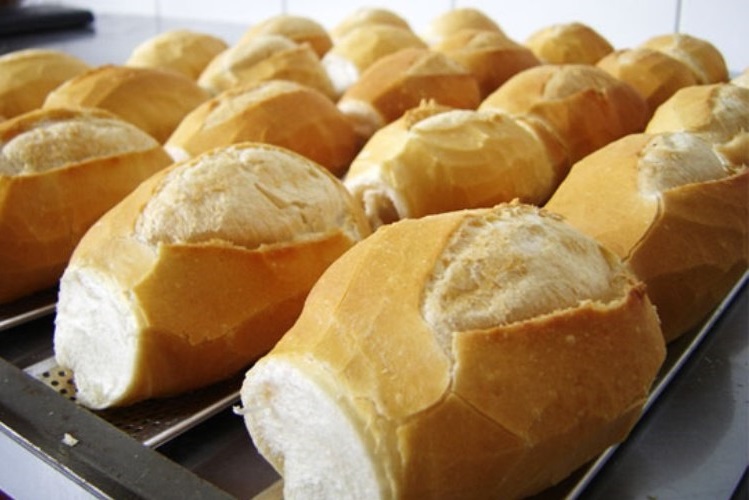Coca-Cola HBC buys control of Africa bottling business for $2.6 billion in expansion drive
Mozambique: Bakers raise bread prices in Maputo and Matola – AIM

File photo: For illustration purposes only. {File photo: FM]
Some bakers in Maputo and the neighbouring city of Matola have increased the price of bread by up to 25 per cent – but the Mozambican Bakers’ Association (AMOPAO) says it was not consulted, according to a report by the independent television station, STV.
A week ago, a standard 200 gram loaf of bread cost between eight and 10 meticais (between 12.5 and 15.6 US cents, at the current exchange rate). But as from last Wednesday, bakers hiked the price, and the same loaf now costs between nine and 12 meticais.
Much of the bread consumed in the capital is not bought at the bakeries, but from informal sellers on the streets. They used to buy bread for eight meticais a loaf and resell it for ten. If the price at the bakery was ten meticais, they would resell it for 12. Now that they have to buy the loaves for nine or 11 meticais, they are reselling them for 11 or 13 meticais.
Some resellers complain that their sales have declined as a result: no doubt their clients would prefer to queue at the bakeries rather than pay an extra couple of meticais a loaf.
One street seller, named only as Arlinda, told STV “I used to sell a box and a half of bread a day, but now even selling one box is difficult. It’s very complicated to live in Maputo, with the prices of so much going up”.
The bakers say they have no alternative but to raise their prices, given the increase in the cost of raw materials, particularly wheat flour, and of liquid fuels. One baker, Idrisse Tembe, said he used to pay 1,730 meticais for a 50 kilo sack of wheat flour, but the price has now risen to 2.050 meticais.
“We only increased the price by one metical a loaf”, he added, but the rise should have been 2.5 meticais.
AMOPAO, however, does not recognize the price increase. Its chairperson, Victor Miguel, told STV “We have not yet received any information about a rise in the price of bread. What we agreed with the bakeries was to eliminate the discount they were giving to the resellers. That meant the resellers would increase their prices, but the price at the bakery counter would remain the same.
In 2020, the government approved a table of bread prices, under which a 200 gram loaf would cost 12.5 meticais. But this never took effect, because the government opted to keep the price of wheat flour down, by subsidizing the milling companies.
Wheat is likely to be in short supply, because of the Russian invasion of Ukraine. Both Russia and Ukraine are (or were) major wheat exporters. According to the UN Food and Agriculture Organisation (FAO), in 2020 Russia was the largest wheat exporter, exporting 37.3 million tonnes, followed by the US (26.1 million tonnes), Canada (26.1 million), France (19.8 million), and Ukraine (18 million).
Africa is heavily dependent on wheat imports from Russia and Ukraine. According to figures from UNCTAD, Russia provides about 40 per cent of Mozambique’s wheat imports and Ukraine a further 10 per cent.
The Russian onslaught has hit Ukraine’s agriculture and transport badly. Ukraine’s agriculture minister said this week that his country’s grain exports have fallen from 4-5 million tonnes a month to just a few hundred thousand tonnes. The UN predicts that 20-30 per cent of Ukraine’s crops will go unharvested in the 2022-2023 season.













Leave a Reply
Be the First to Comment!
You must be logged in to post a comment.
You must be logged in to post a comment.